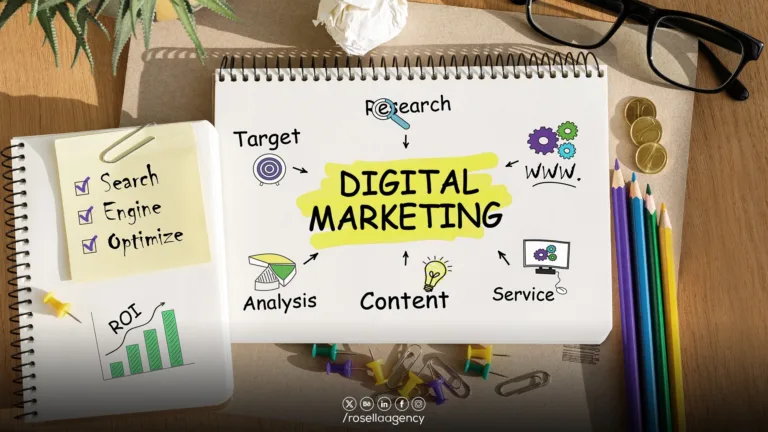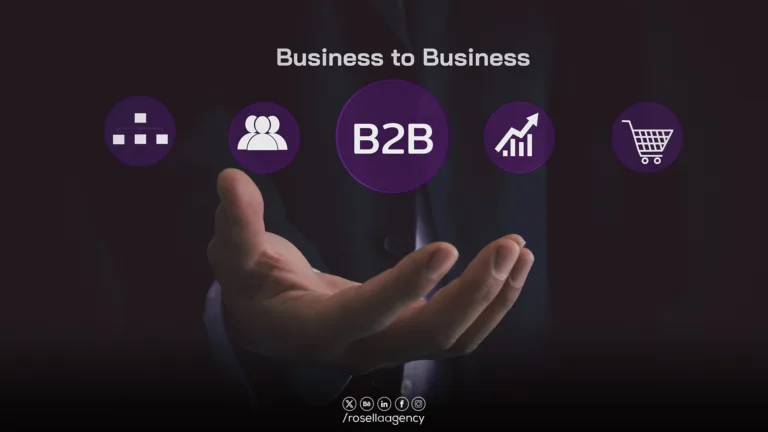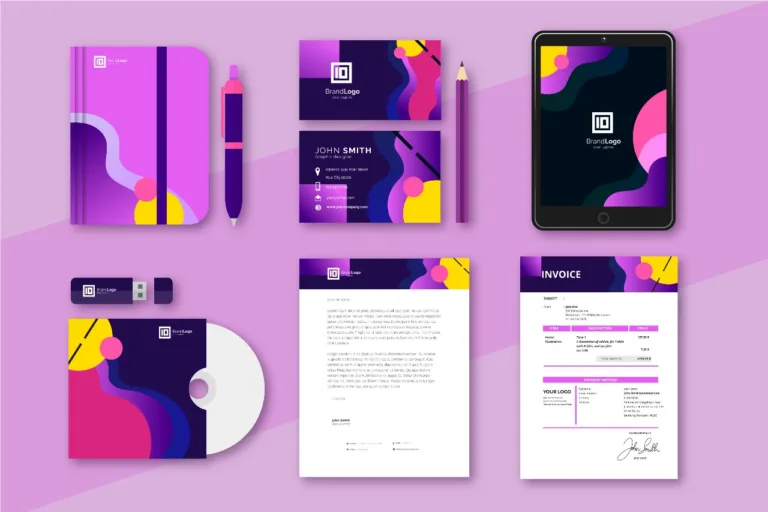What Is Brand Personality? How It’s Important? With Examples
In most cases, a brand personality is the impression that people have of the brand; which usually reflects the personalities of its marketing team, the spirit of its teamwork environment, or a copied personality of its owner. You can obviously tell when this brand has a creative positive spirit, or a very elegant style with the highest quality level, or a friendly, loud personality with a bit of chaosity and a lot of fun.
But when the team members change, the personality of that brand changes too, and it does appear to the audience when they suddenly say: it’s not the way it used to be anymore.
A brand personality is something that should be planned to fit the personality of the target audience, and to reflect the nature of its products and services.

Can a brand personality reflect the personality of its founder?
Well, that has almost become required. Let’s admit it, the closest way to create a brand personality is to relate it to a real person in the company and make him the company’s face. It has great advantages as well as really bad ones.
But after all, it became required that brands be related to a key person in the company and a live personality, taking their tone of voice and imprinting their style.
What’s the importance of brand personality?
- To connect
A brand personality is how you connect with your target audience. If your audience is young and smart people, then maybe your brand should have a geek personality. If your audience is older people, then maybe your brand should have a wise personality.
But if you don’t have a very good reason for it, then you can’t have a geek personality with an aged audience, speaking to them with the tone of a sharp mind that gathers all the technology updates, because it’s not relevant to them, it’ll disconnect them from your brand, and it’ll make them feel unwelcome or strangers.
- To be relevant to your
Relevancy is a core element in marketing that has been recently preached a lot for how important it is. People don’t even care to check an advertising or other types of marketing efforts when they feel irrelevant to them.
So, don’t chat with me about football when you want to sell me cosmetics. Don’t talk to me in English with a Spanish accent when I’m actually Egyptian, I would miss almost all of your speech. I mean, who doesn’t skip a very important YouTube video just because of the Indian (barely understood accent) of the presenter?
Imagine an old woman Googling about knee issues gets first page results, but one of these results has an image of a young pretty lady; of course she’ll normally skip it.
- To build a common ground with your audience
Building a common ground leads to trust, and trust leads to sales. That familiarity you give your target audience by toning the way they love hearing, or appearing the way they recognize, is like meeting a person with your nationality when you’re abroad; how happy or relevant would you feel? Especially in the crowd market of brands from every place in the world, you can barely feel connected to any brand.
How to create brand personality?
In 4 short steps:
- Set your target audience, understand them, and understand the way they connect.
- Narrow down your brand personality dimensions.
One trusted way to choose brand traits is by using the five dimensions of brand personality from social psychologist Jennifer Aaker. This brand personality framework states that a brand’s personality traits can fall under five categories:
- Ruggedness: Rugged brands like Harley-Davidson and Jeep tend to be outdoorsy and tough.
- Sincerity: This personality type tends to be ethical, honest, positive, and down-to-earth, such as Hallmark or Bombas socks.
- Excitement: Brands with traits that fall under this dimension, like Red Bull and Tesla, can be creative, spirited, and even edgy.
- Competence: Competent brands are intelligent and reliable, like Microsoft and Volvo.
- Sophistication: These brands are often upper-class, glamorous, and charming—think Apple or Tiffany & Co.
Choose the dimensions that you believe would appeal to your target audience the most, building on the demographics, values, and hobbies you outlined above. You can hone in on one dimension or even blend together two or three.
- Choose the top adjectives that describe your brand
Once you’ve defined your brand’s broad dimensions, identify which specific brand personality traits you want to express within them. Aim to select a combination of 3-5 traits that can differentiate you from your competitors.
- Implement those personality dimensions you’ve chosen for everyone, on your team before your audience.
A team that understands the personality of the brand, will write content that reflects the company’s personality, and will design graphics that suit your brand’s personality, and will cut down on the huge efforts your brand would make to reflect its chosen personality.
Make a list of the common characters that your brand may reflect. That can be done by making a simple survey, maybe an internal one, among the employees of the company, or the team members; then cutting down that list to only four characteristics that can represent your brand. And then print them on your brand personality.
Read also: What is Rebranding in Marketing and Strategy?
Brand personality examples
- Red Bull
It’s a bit different. It lives life on the edge, smiles in the face of danger, and embraces the extreme. By aligning themselves with every extreme sport you can think of, Red Bull are well on their way to owning the word “Extreme” in the mind of its audience.
Through its energetic colours, charging bull logo and intense attitude, Red Bull has gobbled up an alignment with every niche extreme activity you can think of to portray an outrageous personality across all touch points.
- Nike
Is an inspirational brand that inspires its audience to “Do”. Nike is a winner. That’s what it lives for. To be #1. Nike represents a coach personality by encouraging, guiding, demonstrating, motivating and holding their audience responsible for their success or failure. Their tagline, “Just Do It” is a call to action, a way of life and a belief that you can achieve what you want, if you want it badly enough.
- Mercedes
Is an aspirational and exclusive brand that sits on a pedestal and encourages its customers to earn the right to join their club.
Mercedes communicates superiority and exclusivity and reminds their audience that they are at the top of the food chain of society. Throughout their entire brand experience, they display characteristics of status, wealth, and success and provide their customers with a sense of achievement.
A brand personality is meant to keep your audience connected, feeling relevant and loyal. Make sure you create a personality that your audience can trust and connect with.
Read also: What Is Personal Branding? And Why Is It Important?
Sources:






